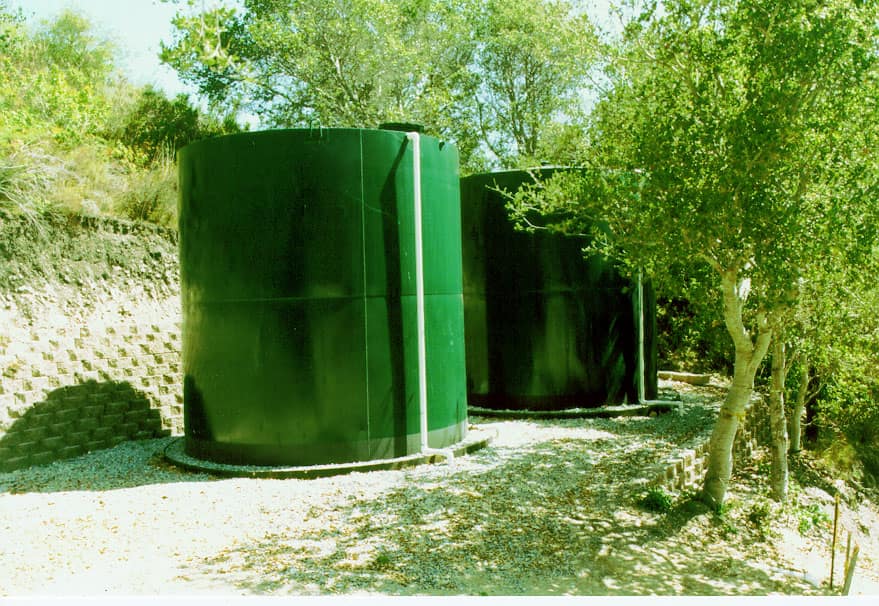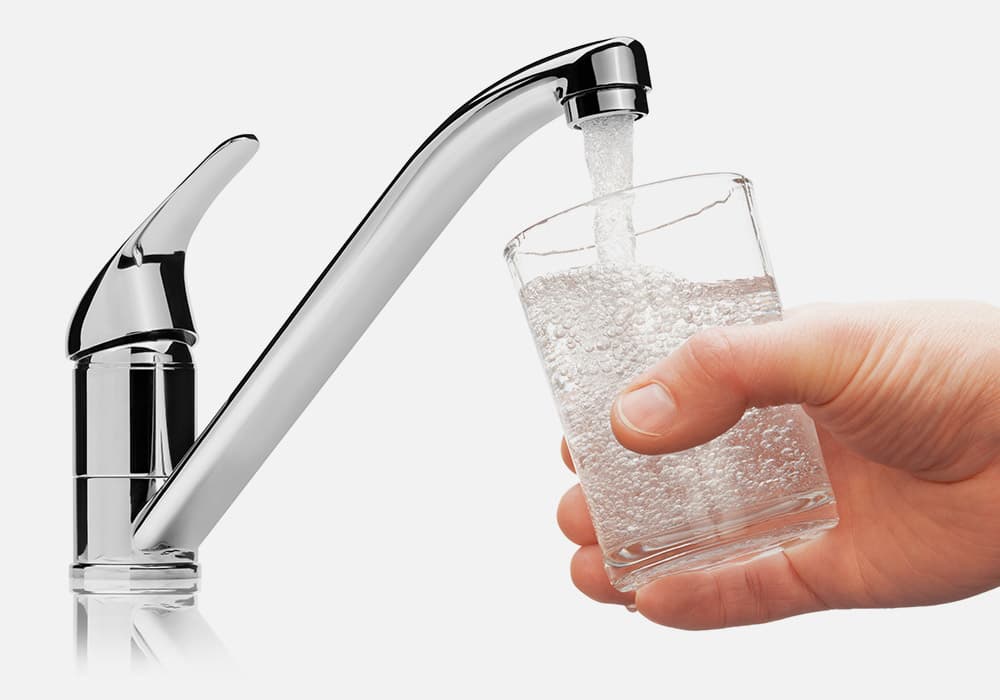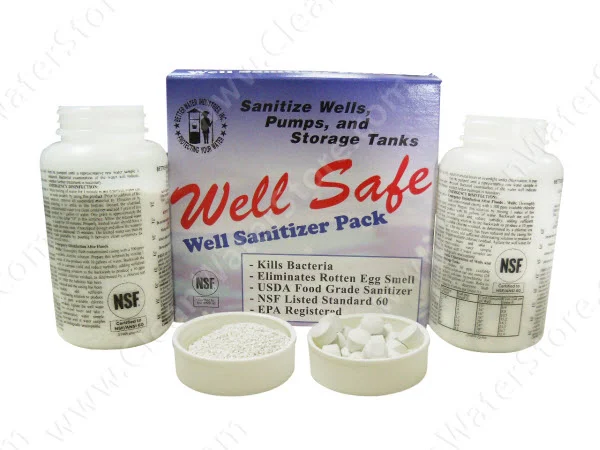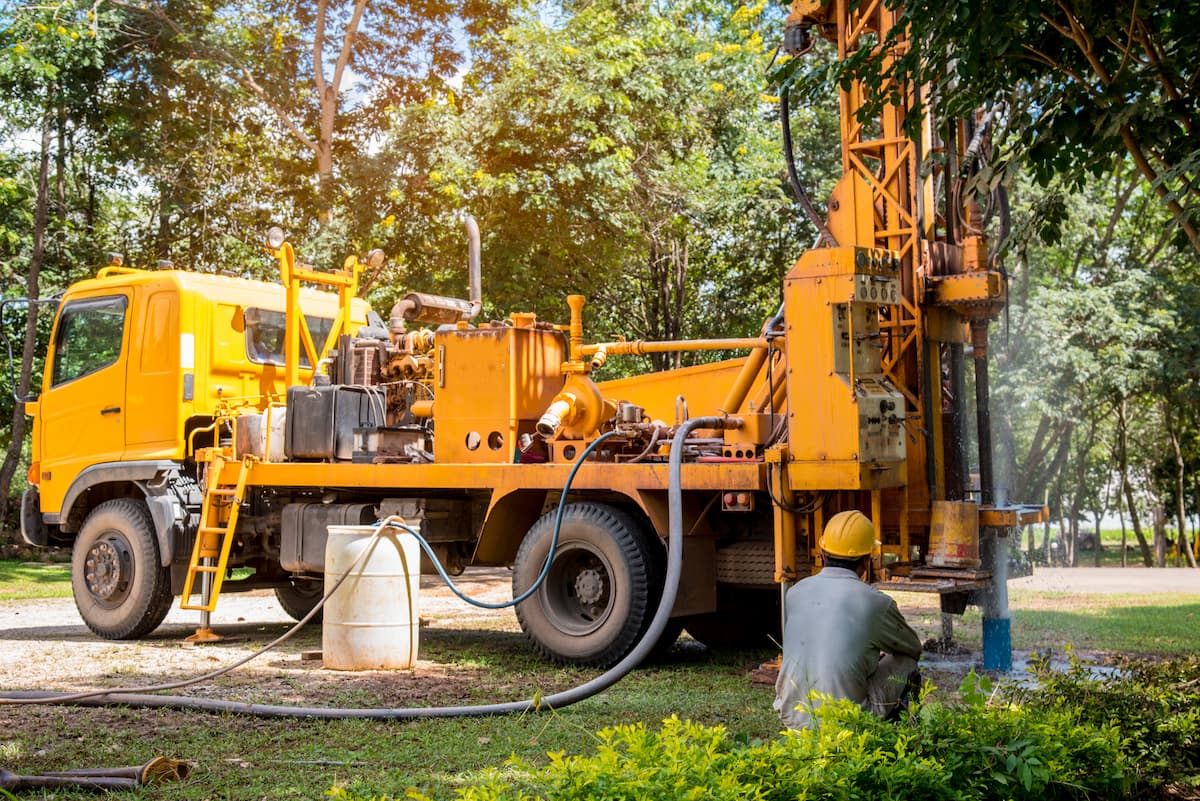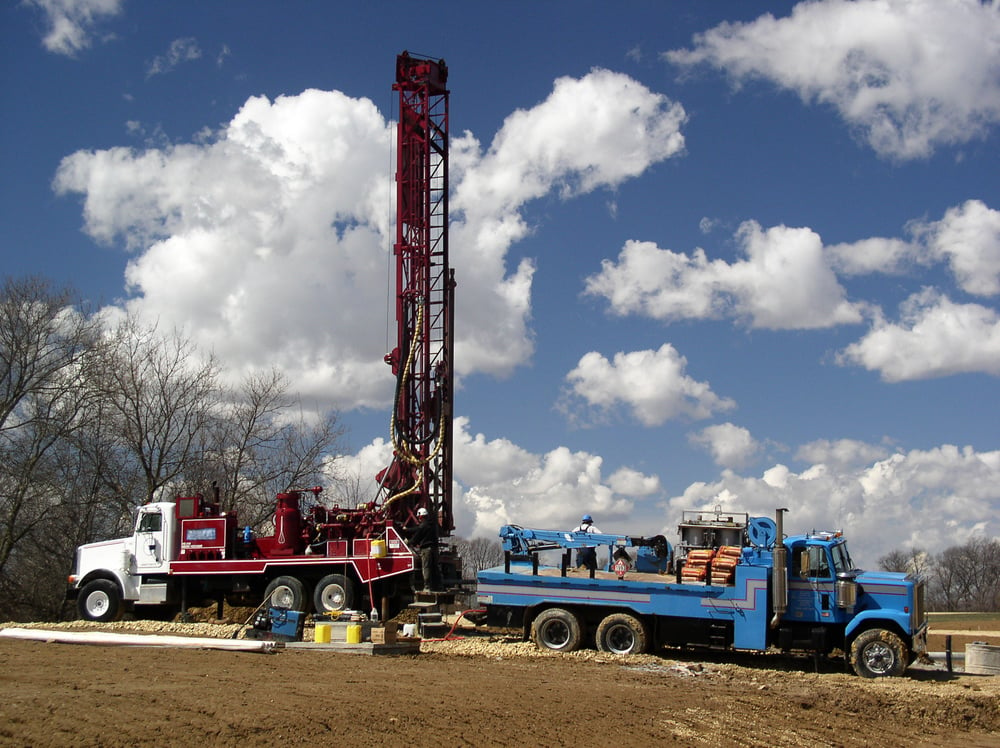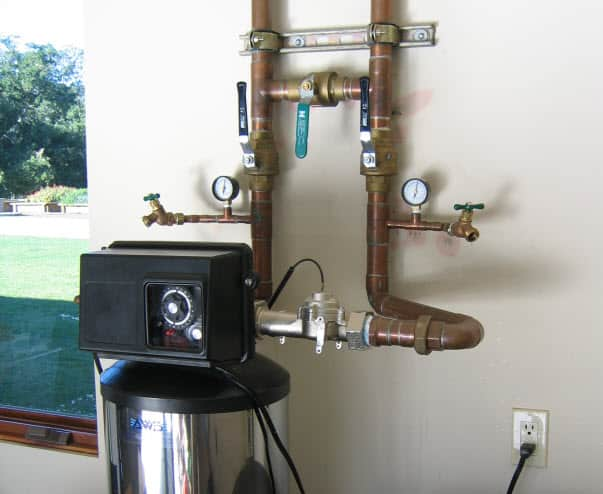12 Reasons To Use Saltless Water Conditioner over Conventional Salt-Based Water Softeners
12 Reasons To Use Saltless Water Conditioner over Conventional Salt-Based Water Softeners
Do you suffer from any of the following?
- Dry skin 2. Dry hair 3. White mineral deposits on showers and bathtubs 4. White film on glasses or silverware 5. Noisy water heaters that make popping or cracking noises. Hard water can lead to reduced performance and lifespan of appliances, including the water heater. 6. Scale build-up inside pipes, appliances, fixtures, shower heads
If so, chances are good you have “hard” water. How can water be hard? Water hardness is simply minerals such as limestone that are dissolved in water. These minerals are typically calcium and magnesium carbonates and occur when naturally soft rainwater contacts minerals in the ground and soil. The resulting water is full of scale-forming minerals. Conducting a water test to assess water quality and hardness issues is important.
You may have been told you need a water softener. Water softeners work by physically removing the hardness minerals and exchanging sodium in the place of these minerals in a process known as “Ion Exchange”. This process does not add significant sodium levels to the drinking water.
Water softeners are very effective at eliminating hard water problems, but common complaints often are:
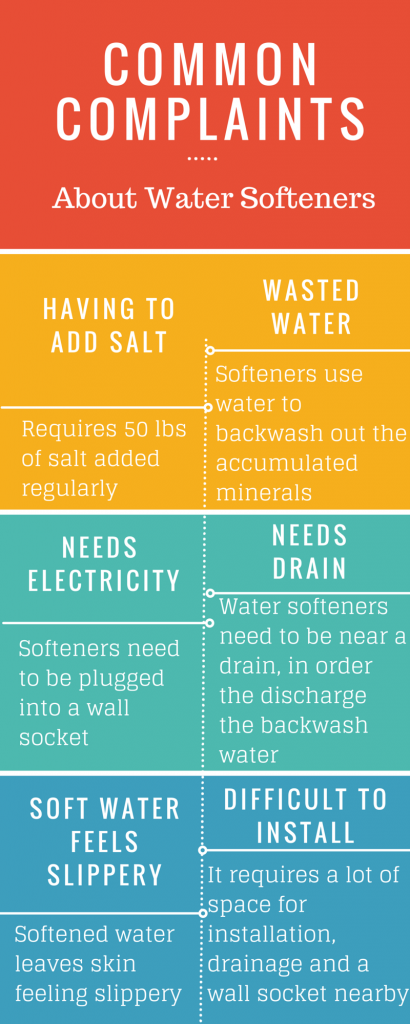
-
Are you experiencing the same problems with saltwater softeners?
- HAVING TO ADD SALT: Softeners need 50-lb bags of salt added regularly, which means ongoing salt costs.
- WASTED WATER: Softeners use water to backwash the accumulated minerals, which can be a problem, particularly for drought-affected areas.
- WATER SOFTENERS NEED A DRAIN NEARBY: Water softeners must be near a drain to discharge the backwash water. The water softener may be difficult to install if no drain is nearby. The water softener wastewater contains salt water, which must be discharged into the sewer or septic tank.
- ELECTRICITY IS REQUIRED: Water softeners must be plugged into a wall socket; sometimes, there is no convenient place to plug it in.
- SOFT WATER CAN FEEL SLIPPERY: Many folks complain about the slippery feeling softened water leaves on the skin. Slippery-feeling water when bathing results from the calcium being exchanged for sodium. While this is harmless, some people prefer hard water, even though hard water has drying effects on the skin and hair.
What is a Salt-Free Water Conditioner?
A salt-free water conditioner is a type of water treatment system designed to address hard water issues without using salt. Unlike traditional water softeners, which remove hardness minerals through ion exchange, salt-free water conditioners alter the chemical structure of these minerals. This prevents them from forming scale buildup on surfaces. This innovative approach makes salt-free water conditioners an excellent choice for homeowners who want to reduce their salt intake and minimize the environmental impact of salt-based water softeners. By using a salt-free water conditioner, you can enjoy the benefits of soft water without the drawbacks of traditional water softeners.
How Salt-Free Water Conditioners Work
Salt-free water conditioners employ advanced technologies to condition water and prevent scale buildup. One popular method is Template-Assisted Crystallization (TAC). TAC uses a specialized media to catalyze the formation of calcium and magnesium carbonate nano-crystals. These nano-crystals remain suspended in the water, preventing them from adhering to surfaces and forming hard mineral scale. Another method is magnetic treatment, which uses a magnetic field to alter the properties of the minerals in the water, making them less likely to form scale. Both technologies effectively prevent scale buildup and improve overall water quality, offering a practical, eco-friendly solution for managing hard water.
Saltless Water Conditioner Offers Green Alternative to Salt-Based Water Softeners
Salt-free water conditioners provide a green alternative to traditional salt-based water softeners. They eliminate the need for salt, which is beneficial for homeowners concerned about their environmental footprint. Unlike traditional water softeners, salt-free systems do not produce wastewater, making them more sustainable. Additionally, they require less maintenance since there is no need for regular salt refills or regeneration cycles. Choosing a salt-free water conditioner can improve your water quality while contributing to environmental conservation. This makes salt-free water conditioners an ideal choice for eco-conscious homeowners.
City Water and Well Water Solutions
Salt-free water conditioners are versatile solutions for addressing hard water issues in both city water and well water. City water often contains high levels of minerals that can lead to scale buildup in pipes and appliances. A salt-free water conditioner can effectively mitigate these issues, enhancing water quality and reducing maintenance needs. For well water, which may contain higher levels of minerals and other contaminants, salt-free water conditioners can be used alongside other treatment systems, such as filtration systems, to provide a comprehensive solution. Whether you rely on city water or well water, a salt-free water conditioner can help you achieve cleaner, scale-free water throughout your home.
Saltless Water Conditioner Offers Green Alternative to Salt-Based Water Softeners
A saltless water softener such as the Scale Stopper uses a technology that naturally conditions water and prevents scale formation without back-flushing, chemicals, or salt. This innovative approach makes salt-free water conditioners an excellent choice for homeowners who want to reduce their salt intake and minimize the environmental impact of salt-based water softeners. Additionally, a salt-free water softener provides benefits such as no salt usage, lower maintenance, and reduced scale formation, although it does not completely eliminate hard water issues.
It produces zero discharge and requires no electricity. This technology has been tested and proven by leading institutions, and hundreds of thousands of these conditioners are in use worldwide.
What It Does
This system uses TAC, also known as Template-Assisted Crystallization. It is a consistent way to prevent scale build-up without the chemicals, environmental hazards, and wastefulness associated with salt water softeners. The minerals are transformed into nano-sized crystals. The crystallized minerals remain in the water and are now harmless; hence, there are no waste products.
The scale stopper conditioners have beads in the area called ‘nucleation sites.’ The mineral particles bind themselves into these beads, and crystallization occurs there. After these mineral particles turn into crystals, they are released into the water.
This simple process softens the water. Because of this, scale stopper systems offer many advantages over traditional ones.
By using salt-free water softeners, you can enjoy the benefits of soft water without the drawbacks of traditional water softeners. You are advised to opt for Scale Stopper technology to condition your water when:
- You want to eliminate scale build-up in pipes and fixtures such as shower heads.
- You want to have easier-to-clean showers and appliances. White deposits are drastically reduced, and what remains can be easily wiped off surfaces.
- You want to protect on-demand water heaters and other sensitive appliances, such as washing machines and tank-type water heaters, from mineral buildup.
12 Reasons To Use A Saltless Water Conditioner over Conventional Salt-Based Water Softeners
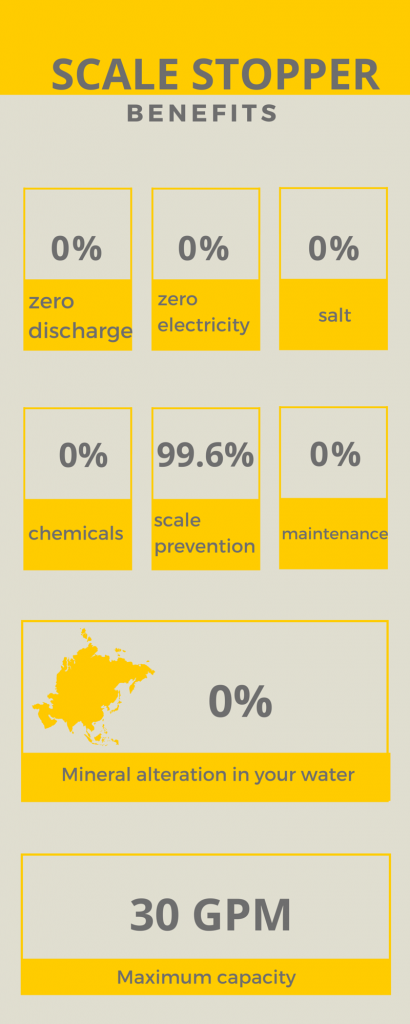
-
- You don’t have enough space – A saltless water softener, such as the scale stopper, is very compact in physical design. You can save on space, and it can be installed practically anywhere you want, inside or outside, as long it is protected from freezing.
- You have cardiovascular problems – Scale stoppers do not add sodium to your water, which is better for folks trying to limit their sodium intake.
- You want to conserve water and fight drought – Scale Stopper has no discharge and no waste water generated.
- You don’t want to use chemicals – this water softening technology does not use chemicals in any way.
- You don’t want to alter the mineral components of your water – salt-free softeners such as the scale stopper do not take or add anything to your water, so it’s healthier and more beneficial.
- You don’t want to bathe in slippery water – Unlike water softeners that utilize salt, this water conditioner does not produce slimy or slippery water.
- You want to save money. Salt-based water softeners require salt, electricity, and other chemicals, while a saltless water softener would virtually cost nothing after your purchase.
- You want less or no maintenance. Scale stoppers are designed for long-term use without much need for maintenance—they will quietly do their job even if you let them.
- You want your appliances to last longer. Scale can affect many appliances, not only pipes. With this technology, you can prevent scale from causing premature death to your appliances.
- You don’t want scale on your boiler, Tankless water heaters, cooling towers, or irrigation system spray heads. Scale prevents the buildup of scale on solar heating systems, misting systems, humidifiers, and other water treatment systems.
- You want fast results in water softening. Depending on the amount of water you need, various scale stopper sizes are available. You can choose one for your home with 1-2 bathrooms or for commercial use as well. The maximum capacity of the biggest scale stopper is 30 gallons per minute. However, installing multiple systems in parallel easily obtains higher flow rates.
- You want a verified product. Many studies have proven how effective the scale stopper technology is, especially in preventing and getting rid of scale. Some of these studies include those of Arizona State University. The German Technical and Scientific Association for Gas and Water has also verified that the no-salt softener technology can prevent scale up to an efficiency of 99.6%!
Scale Stopper water conditioners provide the service you need better than the traditional system and offer a much wider range of benefits.
Learn More: Hard Truths About Soft Water
Frequently Asked Questions
1. What’s the difference between a saltless water conditioner and a traditional water softener?
A traditional water softener removes hardness minerals through ion exchange, replacing calcium and magnesium with sodium. A saltless water conditioner, like the Scale Stopper, doesn’t remove these minerals but changes their form to prevent scale buildup—without using salt, electricity, or backwashing.
2. Will a saltless water conditioner make my water feel soft?
Not in the same way as salt-based systems. While it reduces scale and improves cleaning ability, the water doesn’t feel slippery. Many people prefer this natural-feeling water for bathing and cleaning.
3. Does a saltless water conditioner remove calcium and magnesium from water?
No, it doesn't remove these minerals. Instead, it transforms them into microscopic crystals that can’t adhere to surfaces, preventing scale buildup while preserving the beneficial minerals in your water.
4. Do I need to add salt or chemicals to a saltless water conditioner?
No. Saltless water conditioners like the Scale Stopper require no salt, chemicals, or electricity to operate—making them more eco-friendly and low-maintenance.
5. Will a saltless water conditioner help with dry skin and hair?
Yes, many users report improvements in skin and hair softness after switching. While minerals remain in the water, their altered state makes them less irritating and drying.
6. How long does a saltless water conditioner last?
Most systems are designed to last several years with minimal maintenance. Depending on water usage and quality, the media inside may need replacement after 3–5 years.
7. Is installation difficult?
Not at all. Saltless systems are compact, don’t need a drain or power source, and can be installed indoors or outdoors (with freeze protection), making setup flexible and easy.
8. Can it protect my appliances and plumbing?
Yes! The Scale Stopper helps extend the life of water heaters, washing machines, dishwashers, and pipes by preventing mineral scale buildup that can reduce efficiency and cause damage.
9. Is drinking water treated with a saltless water conditioner safe? Absolutely. Since no chemicals are added or removed and beneficial minerals are retained, the water is safe—and often healthier—to drink.
10. How do I know it’s working?
Over time, you’ll notice reduced scale in sinks, shower heads, and appliances. White spots will be easier to wipe away, and your water-using appliances may run more efficiently with fewer repairs.


